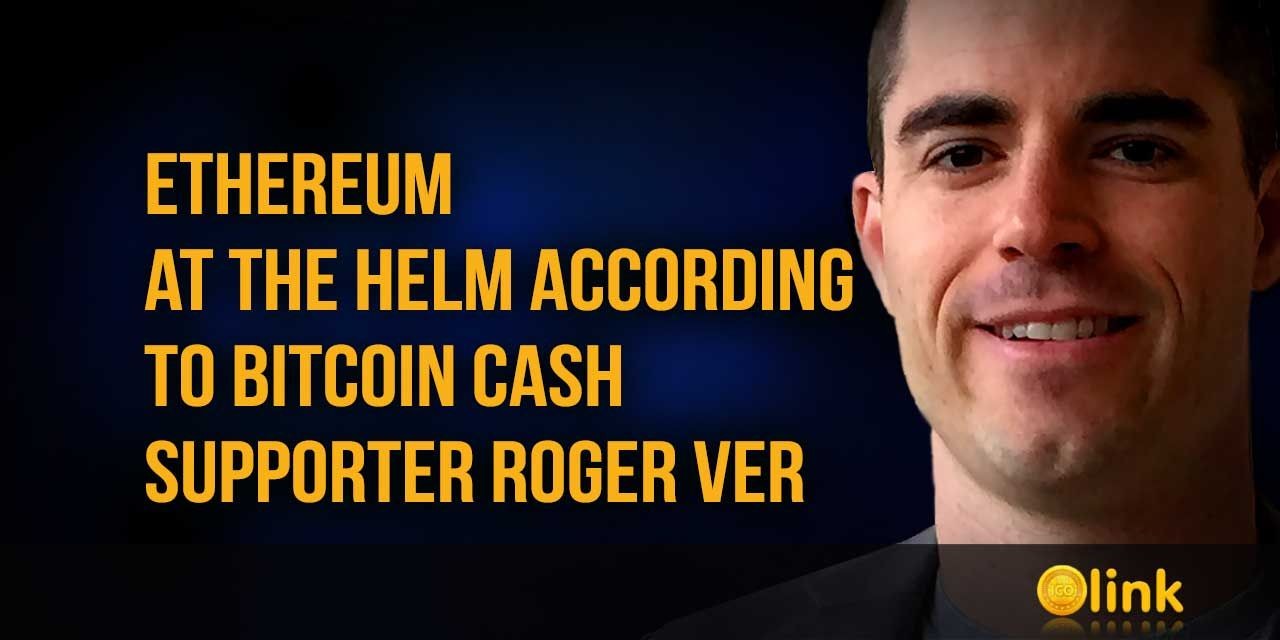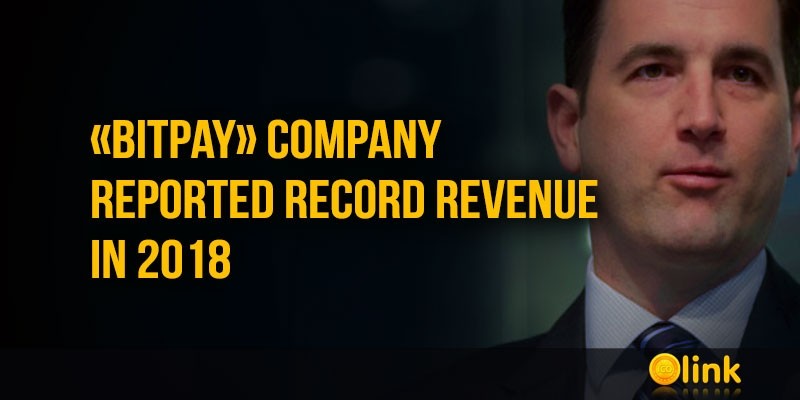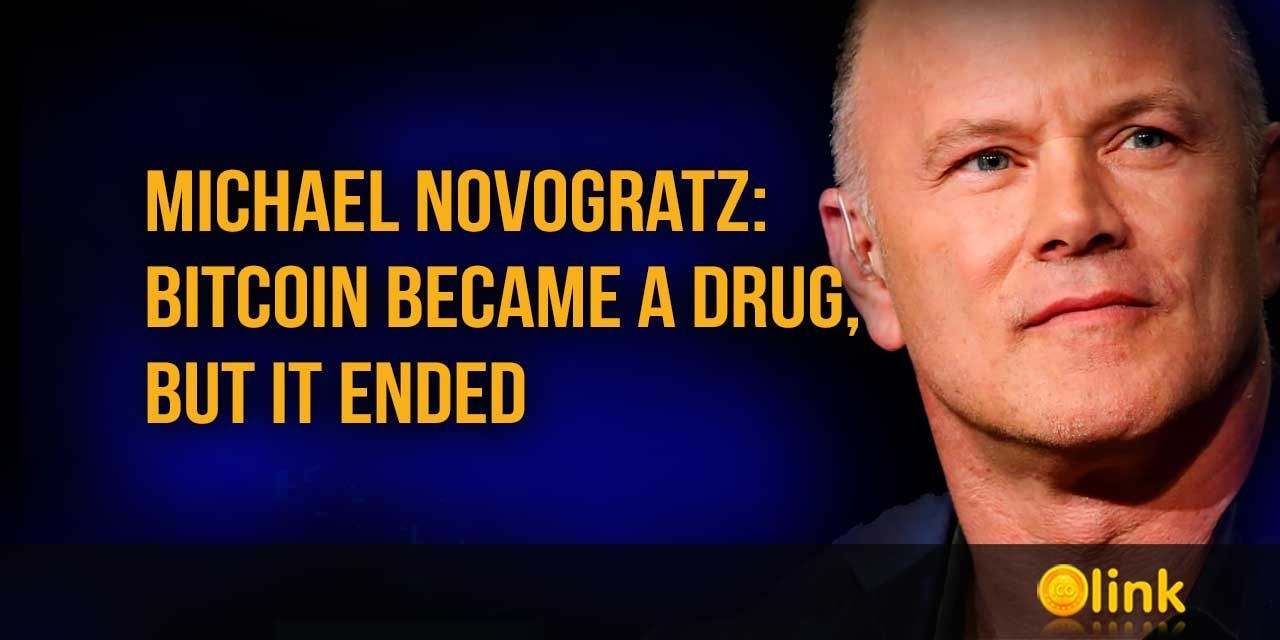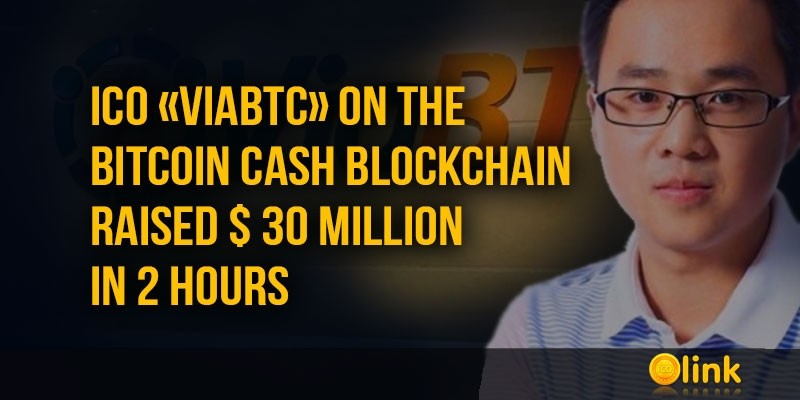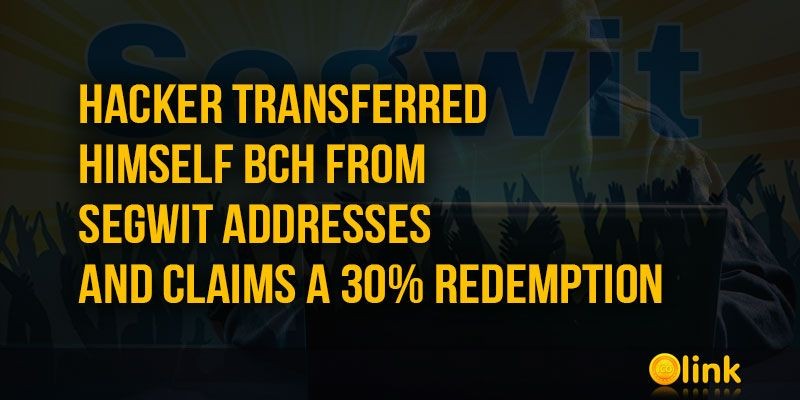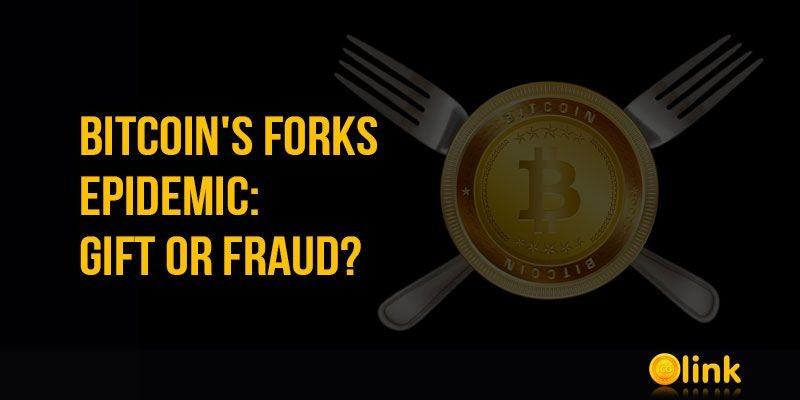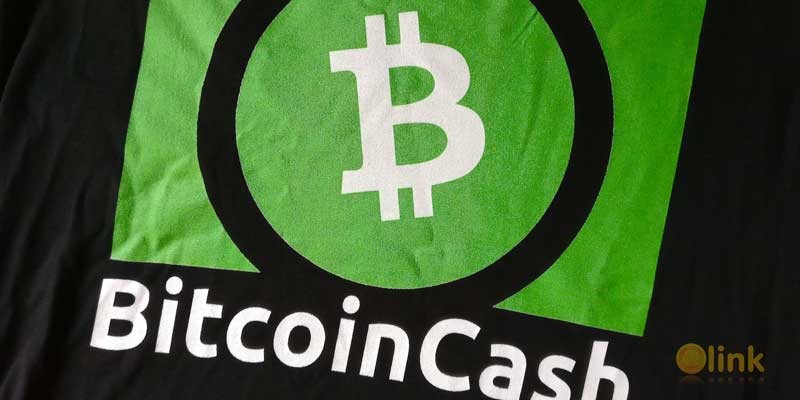The Ethereum Frontier: A New Age of Cryptocurrency Adoption
bitcoin cash
Here you will find all posts tagged bitcoin cash
About bitcoin cash ℹ️
Bitcoin Cash (BCH) is a cryptocurrency that was created as a result of a hard fork from Bitcoin (BTC) in August 2017. The fork occurred due to disagreements within the Bitcoin community over the scalability and transaction processing capabilities of the Bitcoin network. Bitcoin Cash was designed to address some of the perceived limitations of Bitcoin by increasing the block size limit, allowing for more transactions to be processed per block. This was intended to improve transaction throughput and reduce transaction fees, making Bitcoin Cash more suitable for everyday transactions and micropayments. One of the key differences between Bitcoin and Bitcoin Cash is their respective block sizes. While Bitcoin has a block size limit of 1 megabyte (MB), Bitcoin Cash initially had a larger block size limit of 8 MB. This was later increased further to 32 MB in subsequent upgrades. Bitcoin Cash shares many similarities with Bitcoin, including its decentralized nature, proof-of-work consensus mechanism, and fixed supply cap of 21 million coins. However, it also has some notable differences, such as a different hashing algorithm (SHA-256 for Bitcoin Cash compared to Bitcoin's SHA-256d) and a different difficulty adjustment algorithm. Since its creation, Bitcoin Cash has undergone several upgrades and protocol changes aimed at improving its scalability, security, and usability. These upgrades have included changes to the block size limit, the introduction of new opcodes for smart contract functionality, and improvements to transaction processing efficiency. Bitcoin Cash has garnered a dedicated community of supporters who believe in its vision of a peer-to-peer electronic cash system that is fast, reliable, and affordable for everyday use. However, it has also faced criticism and controversy within the broader cryptocurrency community, particularly regarding its governance structure and development roadmap. Overall, Bitcoin Cash remains one of the major cryptocurrencies in the market, with a significant user base and ecosystem of developers, merchants, and enthusiasts. Its continued evolution and adoption will likely depend on its ability to address scalability challenges, maintain network security, and attract widespread usage as a medium of exchange and store of value.
BitPay, one of the largest payment blockchain providers in the world, announced a new record reached in 2018. The company processed payments in the amount of more than $ 1 billion and again showed record income.
In addition, Dish Networks, HackerOne, and the Ohio State Government have joined the payment network. The B2B division showed record numbers and grew by 255%, as many law firms, data centers and manufacturers in the IT industry connected to bitcoin reception.
In a conversation with Bloomberg, a cryptocurrency investor and CEO of Galaxy Digital, Mike Novogratz, compared Bitcoin with a drug, and the current market situation with a "methadone clinic".
On October 8, the blockchain-company and the mining pool ViaBTC completed the initial placement of tokens (ICO) using the Wormhole protocol and the Bitcoin Cash network. According to exchange data, ICO ViaBTC Token attracted $ 3,700 per second, collecting a total of $ 30 million in just over 2 hours.
ViaBTC recently released a new token called Viabtc Token (VIAT) using the Wormhole protocol. The company calls VIAT an ancillary service that enhances the value of the core service with its availability and a bonus token that can be used as a "gas" or cost transfer method. When VIAT was released on the Wormhole network, the developers set a fixed number of coins to be issued at the level of 2 billion tokens.
About 500 BCH, worth more than 600 thousand dollars, which were sent by inattentive users to Segwit addresses (Bitcoin Cash does not support this technology) have already been transferred from the "trap" - now the coins are on the same address. This happened shortly after the way of the return of the "hanging" Bitcoin Cash coins was proposed. Obviously, an unknown "hacker" turned this operation on without assistance.
The creation of Bitcoin's forks with copying of all existing balances containing "gift" coins for all Bitcoin owners is undoubtedly a trend of recent months. In fact, why invest time and money in development or marketing, if it is so simple to attract a great many people who will not refuse to get something for nothing? First, a successful Bitcoin Cash, then a dubious Bitcoin Gold and Bitcoin Silver, which in a few days slid down almost to zero. Now another copy of Bitcoin - Super Bitcoin (SBTC), follows them. The SBTC network plans to appear on block 498888 (around mid-December), and the owners of the original Bitcoin will receive the same SBTC as BTC's "absolutely free" - you just need to get a wallet. According to the official website, SBTC scales the block size to 8 megabytes, and will use smart contracts and Lightning network.
The Bitcoin ABC development team has announced its plans to update Bitcoin Cash through a hardfork planned for November 13th. The update is designed to stabilize the complexity algorithm (DAA). Leading developer Bitcoin ABC Amory Sechet (Amaury Séchet) and CEO Bitprim Juan Garavaglia told what to expect from the upcoming update. On Monday, the Bitcoin ABC development team issued a statement regarding the upcoming hardfork of the Bitcoin Cash network (BCC).
October 17, Bitcoin.com published a contradictory statement, which stated that it was Bitcoin Cash that should be called bitcoin. In response, leading industry experts, including the maker of lightcore, Charlie Lee (Charlie Lee), criticized such attempts. Bitcoin Cash was launched in early August from hard fork bitcoin, which supported several major mining pools, including ViaBTC and Bitmain. Since then, the support and demand for Bitcoin Cash has decreased significantly, which is noticeable in terms of the hash and market capitalization of the crypto currency.
